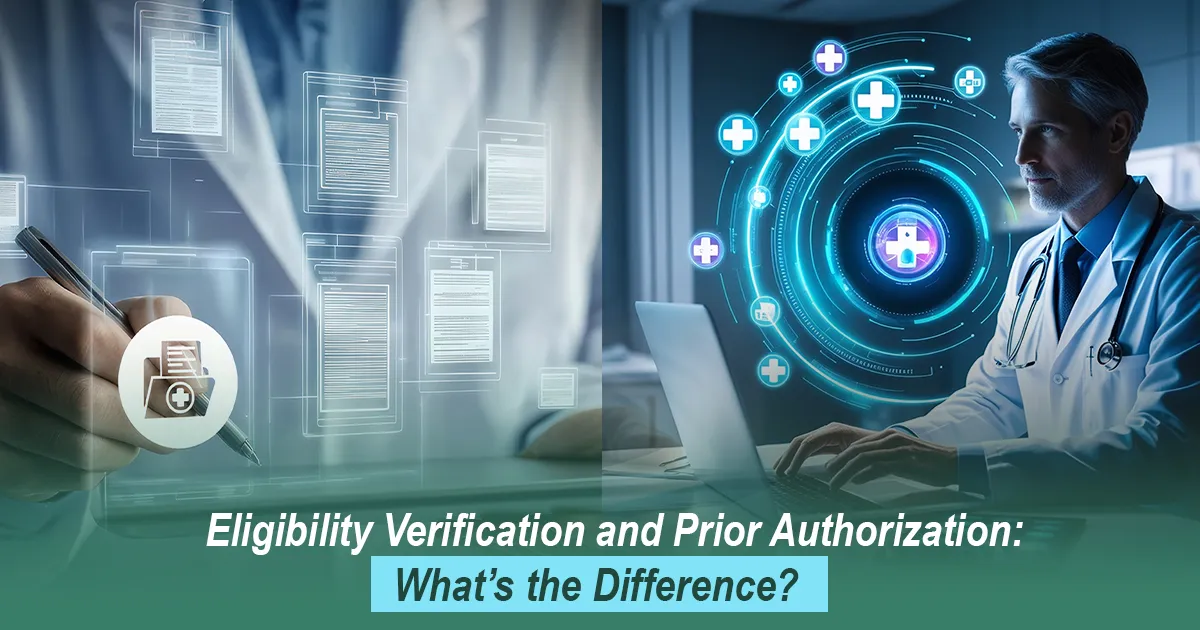
Posted By: Medsole RCM
Posted Date: Jul 04, 2025
In Medical billing there is a lot of things to be handle, even for experienced doctors and practice managers. With insurance rules constantly changing, new online portals for every payer, and the way reimbursements work shifting all the time. Even if you are working in healthcare for years, still you need to stay update with the billing side, because one small mistake can result in delayed payments or denied claims.
In our recent Blog we explain the importance of Eligibility verification and prior authorization, these tasks directly impact the revenue cycle. They may look similar, but there is a great difference in between the two. And misunderstanding them or skipping them may lead to major issues like claim denials, payment delays, or unexpected bills left for patient.
In this Blog, we’ll explain both terms clearly, highlight their differences, and show you how getting them right can save your practice from stress and revenue loss.
The front end of your billing process is like setting the foundation of a building. If it’s not strong, everything else suffers. That’s exactly why eligibility verification and prior authorization are two steps on which every practice should focus on.
Eligibility verification is the process of checking whether a patient’s insurance is active and what services are covered under their plan before the visit happens.
It answers key questions like:
It’s like confirming someone’s ticket before letting them into the event. If you skip this step, there’s a chance the insurance will not cover anything and the cost will be bear by provider or patient.
Prior authorization (sometimes called pre-authorization or pre-certification) is when a provider must get approval from the insurance company before delivering a service or procedure.
This is usually required for:
In simple terms, it’s like asking to insurance company that: “Can we move forward with this treatment, and will you cover it?”
|
Feature |
Eligibility Verification |
Prior Authorization |
|---|---|---|
|
Purpose |
Confirms active coverage and benefits |
Gets pre-approval for specific services or treatments |
|
When It's Done |
Before the patient visit or service |
Before the procedure or service is performed |
|
Who Does It |
Front desk, billing staff, or outsourced billing partner |
Provider’s office, billing team, or medical assistant |
|
Risk if Skipped |
Claim denial, out-of-pocket surprises for patients |
No payment from insurance even if the service was done |
At MedSole RCM, we understand that providers are already struggling alot. Checking every detail about a patient’s insurance isn’t always the top priority especially in busy clinics or practices with limited staff.
That’s where we come in.
We don’t just verify the status of insurance, whether its active or not, we dive into the details. We check:
This helps avoid surprises and gives your front desk the confidence to communicate clearly with patients.
Many procedures require prior approvals that can take days or even weeks to get. We take that burden off your team by:
This ensures that treatments will not be delay, and after providing services you don’t get stuck with denied payments.
You don’t have to spend hours checking through emails or chasing missing documents just to figure out what got approved and what didn’t. With our billing process, you can track everything clearly, from insurance verifications to authorization responses. Your team always knows what’s going on, which task is pending, and which needs follow-up. There is a clear communication and easy access to the information you need. A federal advisory body has issued recommendations that are completely aligned with the AMA’s comments and represent a major advocacy win to reduce administrative burdens and costs for physician practices. The AMA is challenging insurance companies to eliminate care delays, patient harms and practice hassles. AMA is fighting to fix prior authorization.
It’s not good for practices to skip these steps especially when the clinic is busy or the service seems routine. But here’s what happens when they don’t pay attention to these two major processes:
If a patient's insurance was inactive or the service wasn't covered, the claim will most likely be denied. That means extra work and possibly no payment.
Even if the claim is valid, still without authorization, it can be hold for weeks. That directly impacts your cash flow and staff morale.
Patients often assume their insurance will cover everything. When it doesn't, they get upset with your office, clinic or practice and may not return.
Denied claims take time to appeal. If they're not corrected in time, practices often write them off as lost revenue.
Let’s say a patient comes in for an MRI.
If any of those steps is missed, there must be a chance that you will not get paid.
Whether you’re a solo provider or running a multi-location clinic, here are a few simple ways to improve your eligibility and authorization process:
Make insurance verification part of your workflow.
Eligibility isn’t just about checking the active status of insurance but it’s about knowing what’s covered.
Don't wait until the day before the procedure. Some payers take 7–10 days.
At MedSole RCM, we handled a lot of verifications and authorizations for providers like you on time, with accuracy and consistency.
Contact Our Experts: From checking benefits to handling prior authorizations, our team guarantees you that everything is done correctly and on time so you get paid without the hassle.
No. It also involves to understand what the patient’s plan actually covers. Which means, it has to check how much of their deductible has been met, what their copay will be, the service to be delivered is included in their benefits or not, and your practice is in-network for that plan or not.
Prior authorization is required when any service, test or medication is expensive and when insurance companies want to check in detail before paying. These are not routine treatments like advanced imaging (such as MRIs), some specific surgeries, specialty medications, or ongoing therapy sessions. If you don’t get that approval in advance, there’s a chance that insurance panel will not pay for that service.
If prior authorization is not approved before providing the service, there are the chances that insurance company refuse to pay for it even if the procedure is important for the patient’s health. That means the provider could end up doing the work and not getting paid, or there might be burden on patient for the bill.
Yes, just because a patient has active insurance and is eligible under their plan doesn’t automatically mean every service will be approved. Some treatments, tests, or medications require extra steps like medical records or explanation by doctor to prove that the service is necessary. If the insurance company can deny it after review, even if the patient is covered. That’s why it's so important to provide the right documentation when requesting for prior authorization.
It mostly depends on the insurance company. Some insurances have advanced systems and can give a decision within a few hours especially for simple requests. Others may take several days or even more than that. The reason behind it if they require more paperwork, medical records, or additional reviews. The timeline can also vary based on the type of service. That’s why it’s important to start the prior authorization process as early as possible to avoid delays.
Get quick highlights instantly
Recent Blogs

Posted Date: Jun 24, 2025
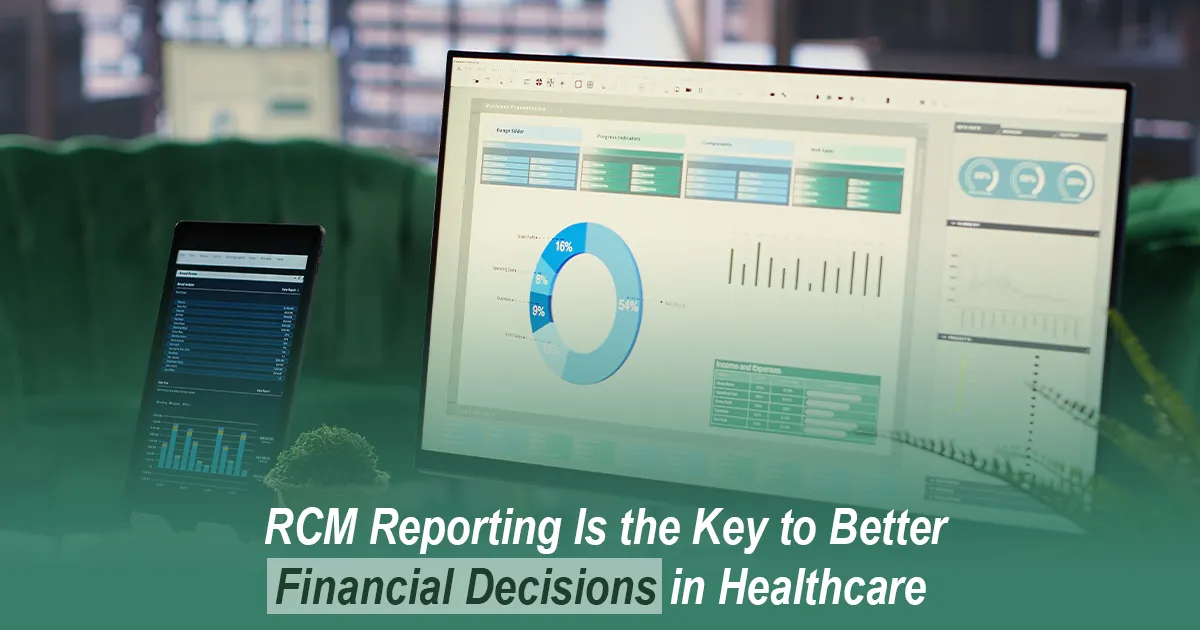
Posted Date: Jun 26, 2025

Posted Date: Jun 28, 2025

Posted Date: Jun 30, 2025

Posted Date: Jul 02, 2025

Posted Date: Jul 04, 2025
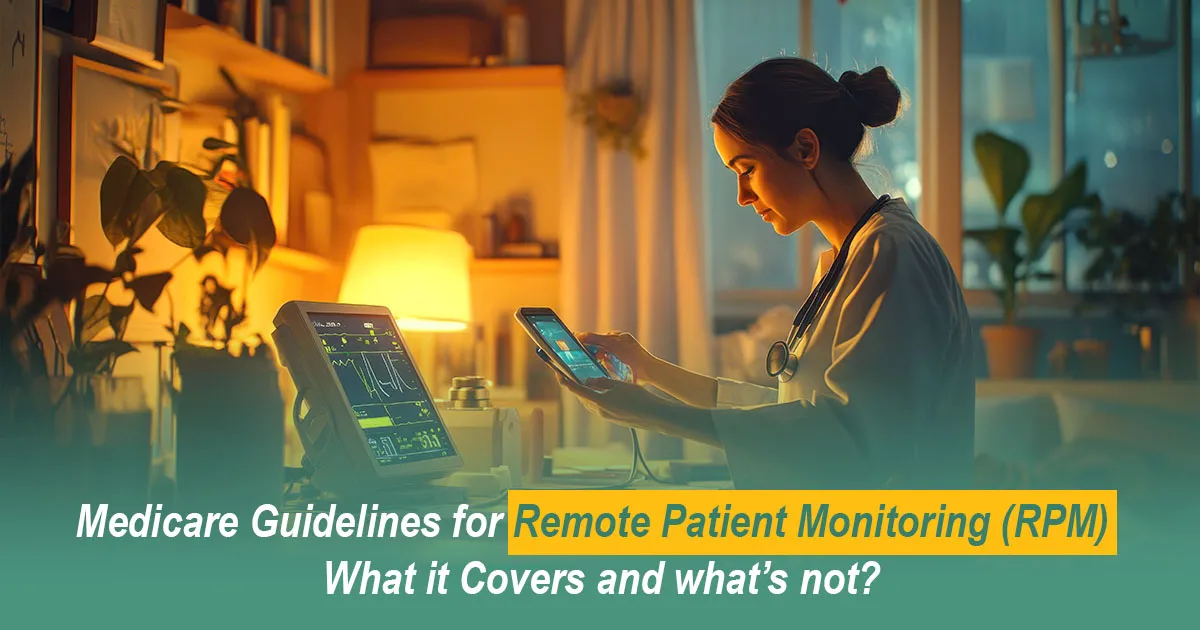
Posted Date: Jul 07, 2025

Posted Date: Jul 09, 2025

Posted Date: Jul 11, 2025

Posted Date: Jul 14, 2025

Posted Date: Jul 16, 2025

Posted Date: Jul 18, 2025

Posted Date: Jul 22, 2025

Posted Date: Jul 23, 2025
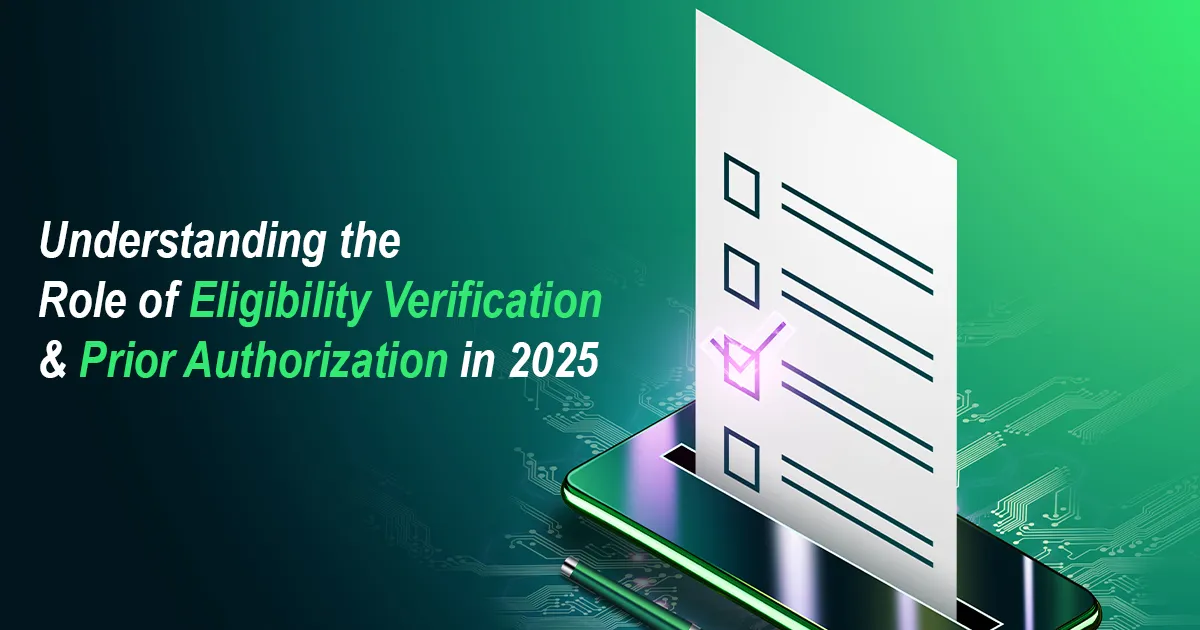
Posted Date: Jul 25, 2025

Posted Date: Jul 28, 2025

Posted Date: Aug 01, 2025

Posted Date: Aug 04, 2025

Posted Date: Aug 06, 2025
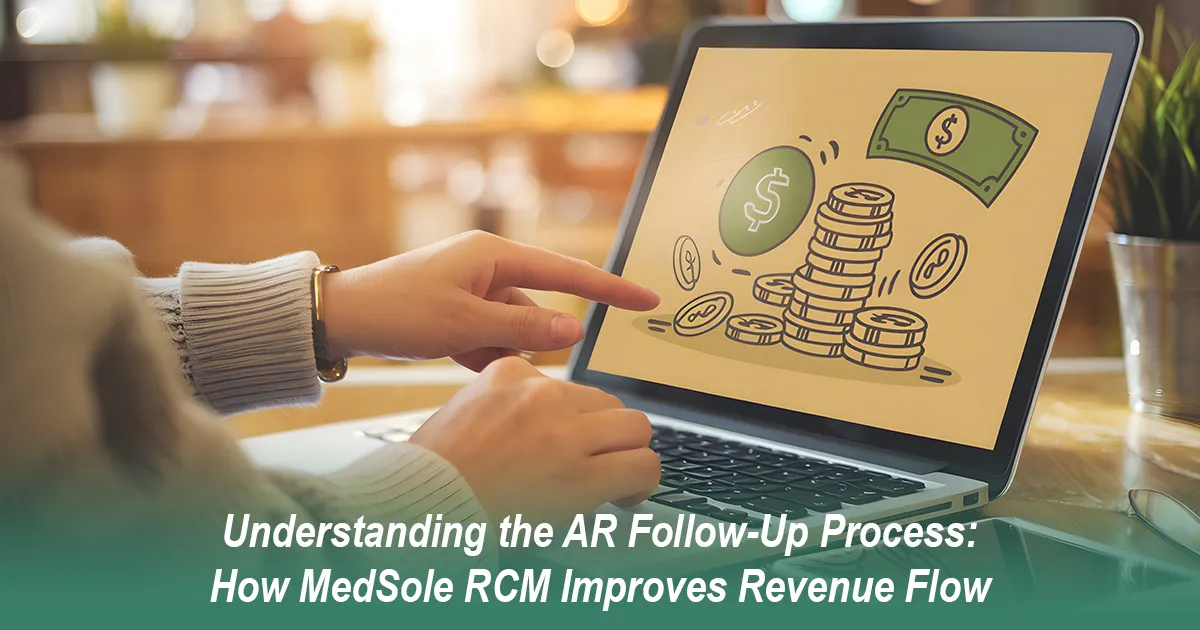
Posted Date: Aug 08, 2025

Posted Date: Aug 11, 2025

Posted Date: Aug 14, 2025

Posted Date: Aug 18, 2025

Posted Date: Aug 20, 2025

Posted Date: Aug 25, 2025

Posted Date: Aug 27, 2025
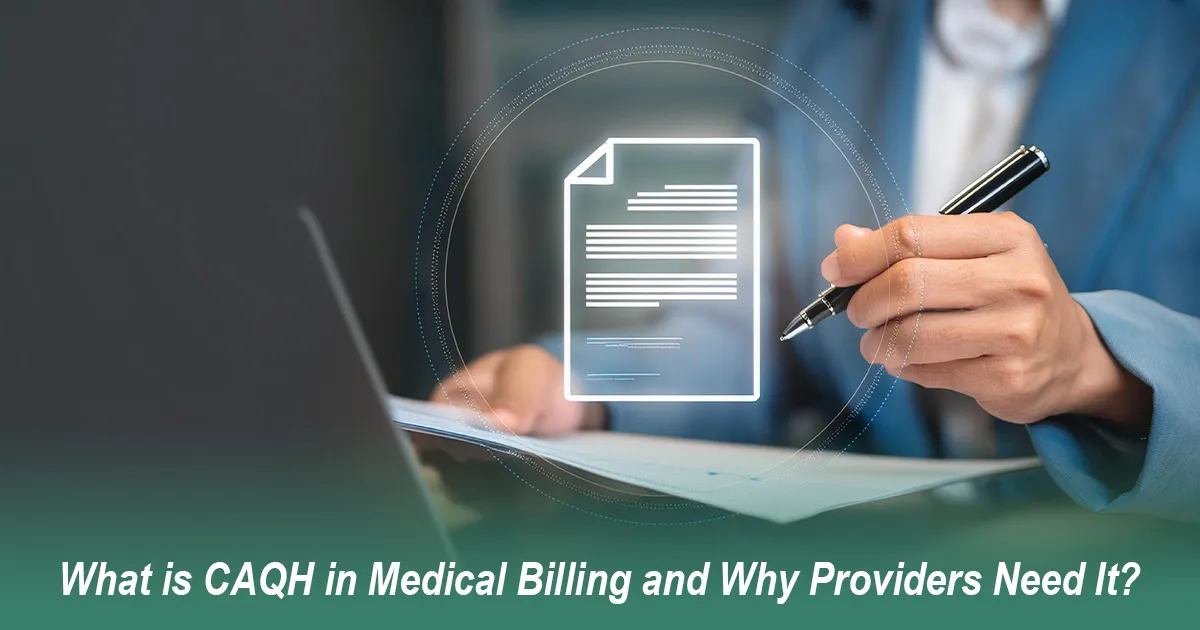
Posted Date: Aug 29, 2025

Posted Date: Sep 03, 2025

Posted Date: Sep 05, 2025

Posted Date: Sep 08, 2025

Posted Date: Sep 15, 2025
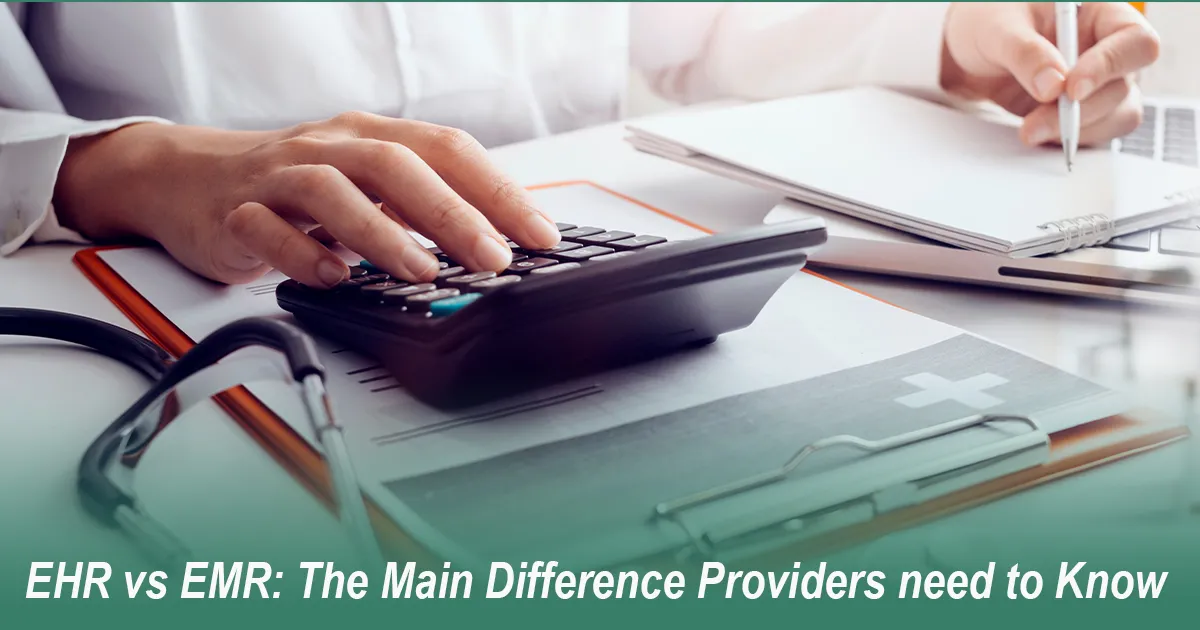
Posted Date: Sep 18, 2025

Posted Date: Sep 22, 2025

Posted Date: Sep 24, 2025

Posted Date: Sep 26, 2025
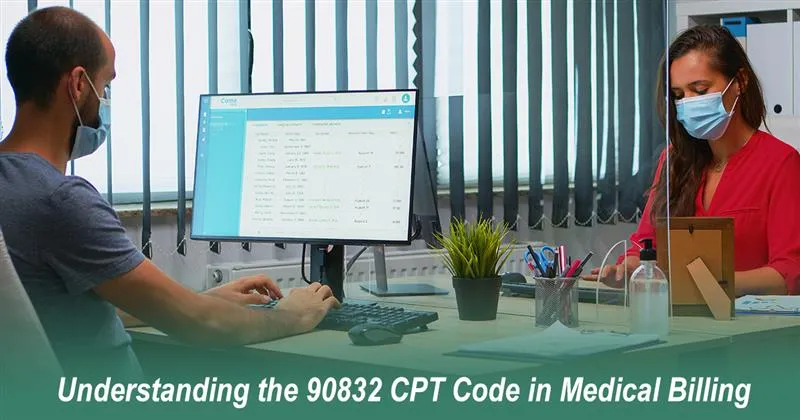
Posted Date: Sep 29, 2025

Posted Date: Oct 02, 2025
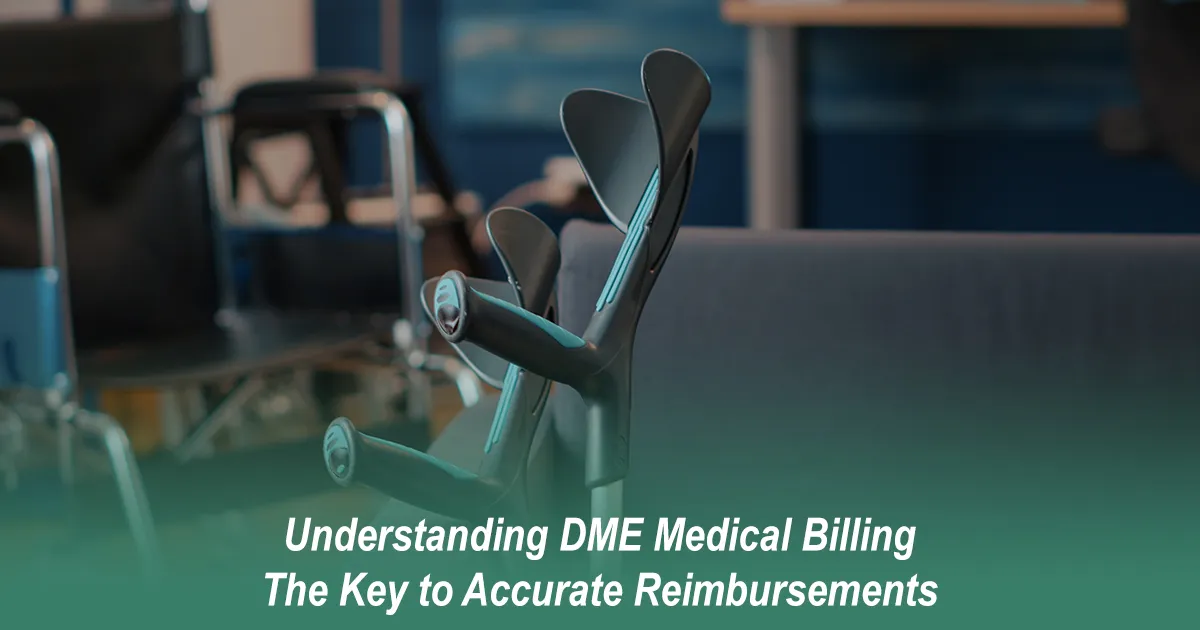
Posted Date: Oct 13, 2025

Posted Date: Oct 16, 2025

Posted Date: Oct 23, 2025
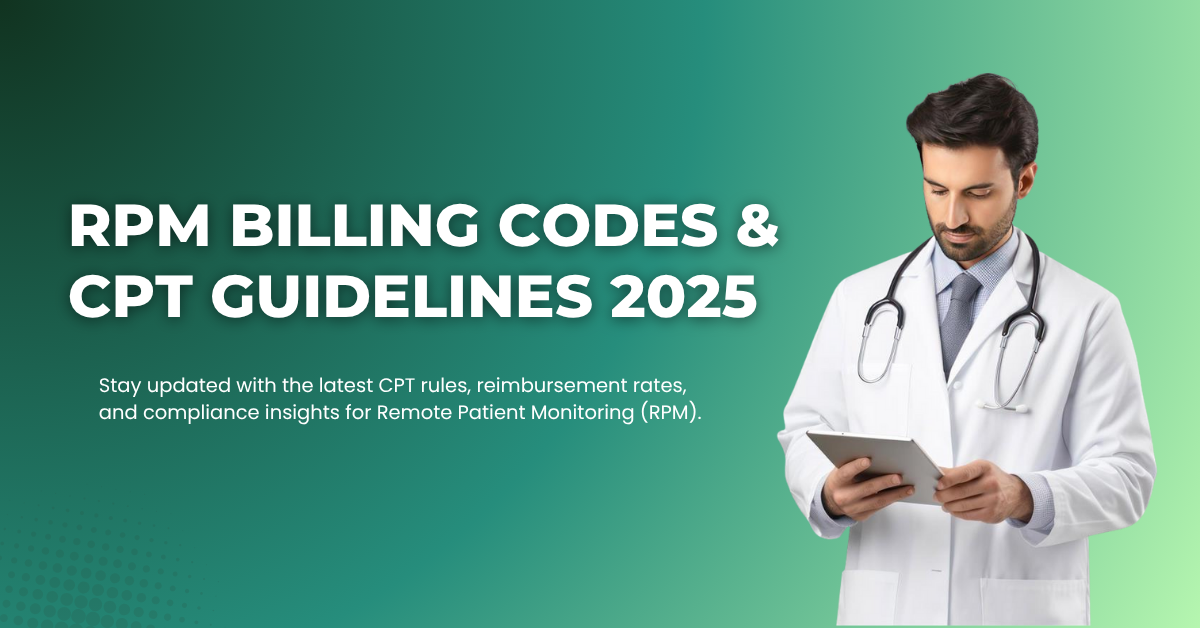
Posted Date: Oct 27, 2025

Posted Date: Oct 28, 2025

Posted Date: Oct 30, 2025
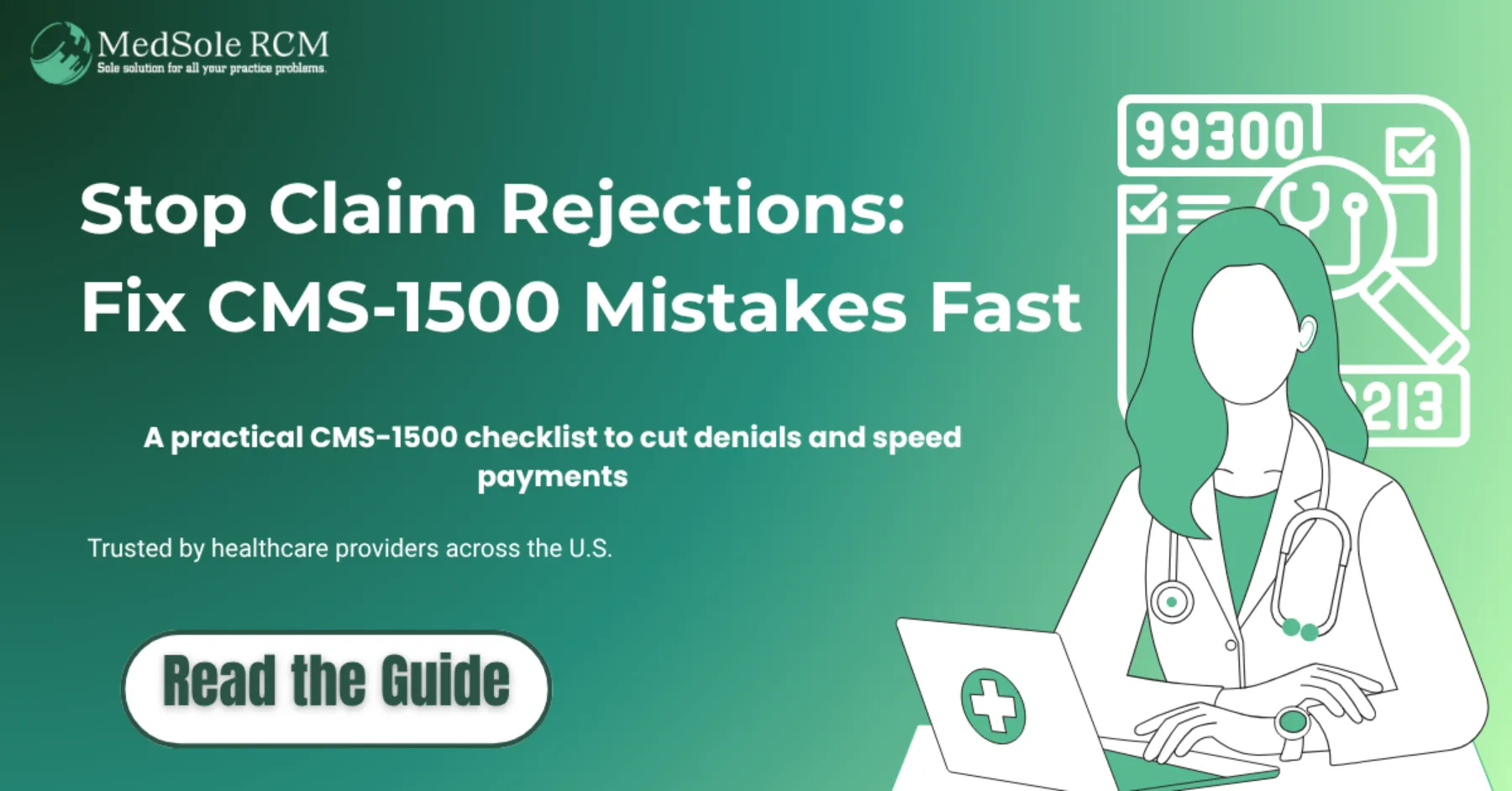
Posted Date: Oct 31, 2025

Posted Date: Nov 03, 2025

Posted Date: Nov 05, 2025
_11zon.webp)
Posted Date: Nov 11, 2025
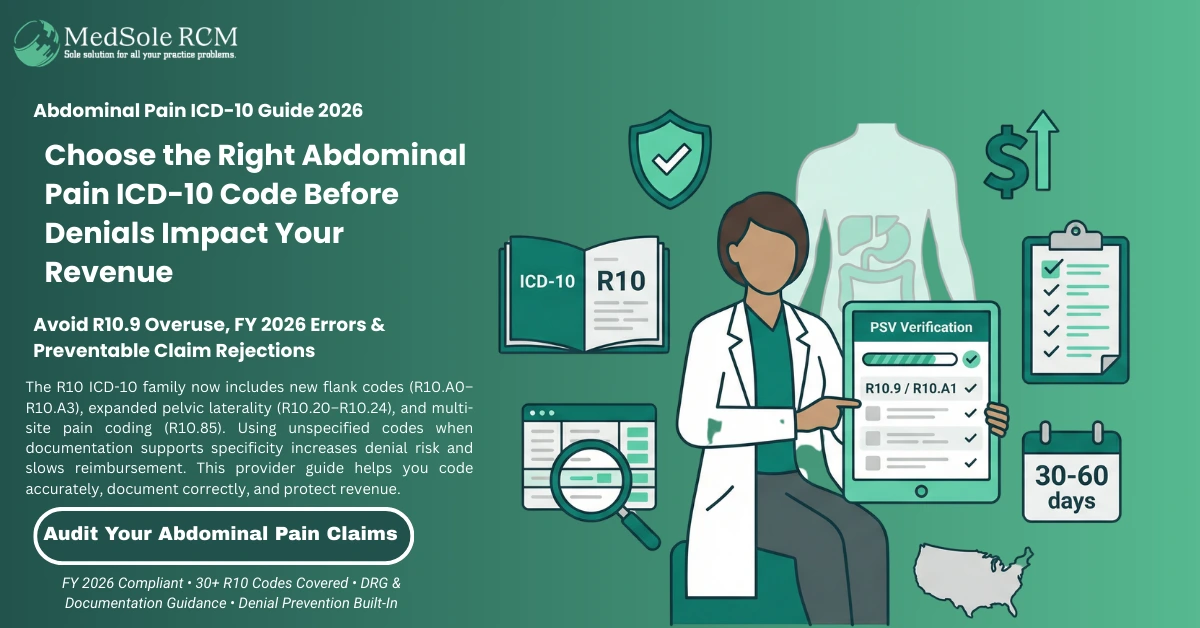
Posted Date: Nov 14, 2025

Posted Date: Jan 05, 2026
.png)
Posted Date: Jan 02, 2026
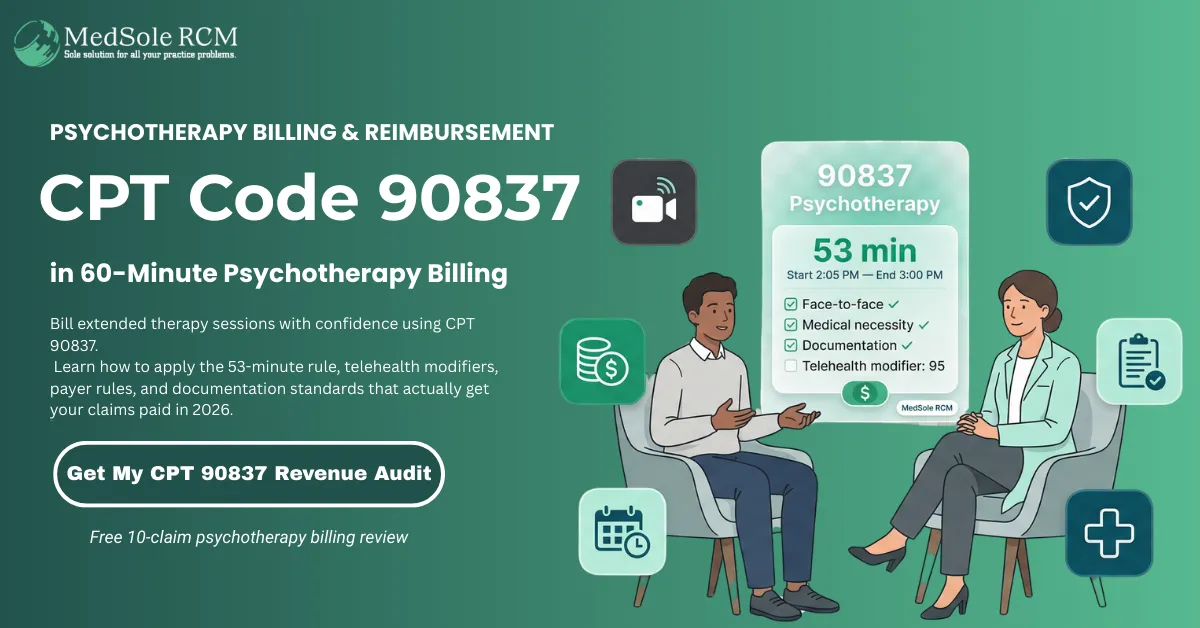
Posted Date: Jan 06, 2026
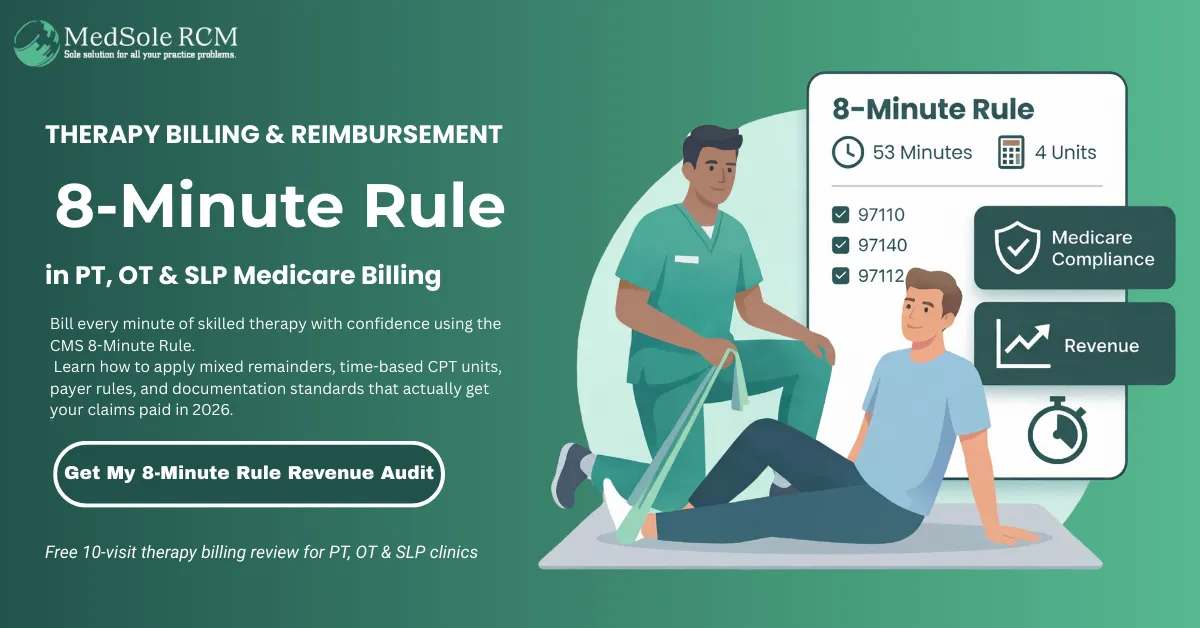
Posted Date: Jan 07, 2026
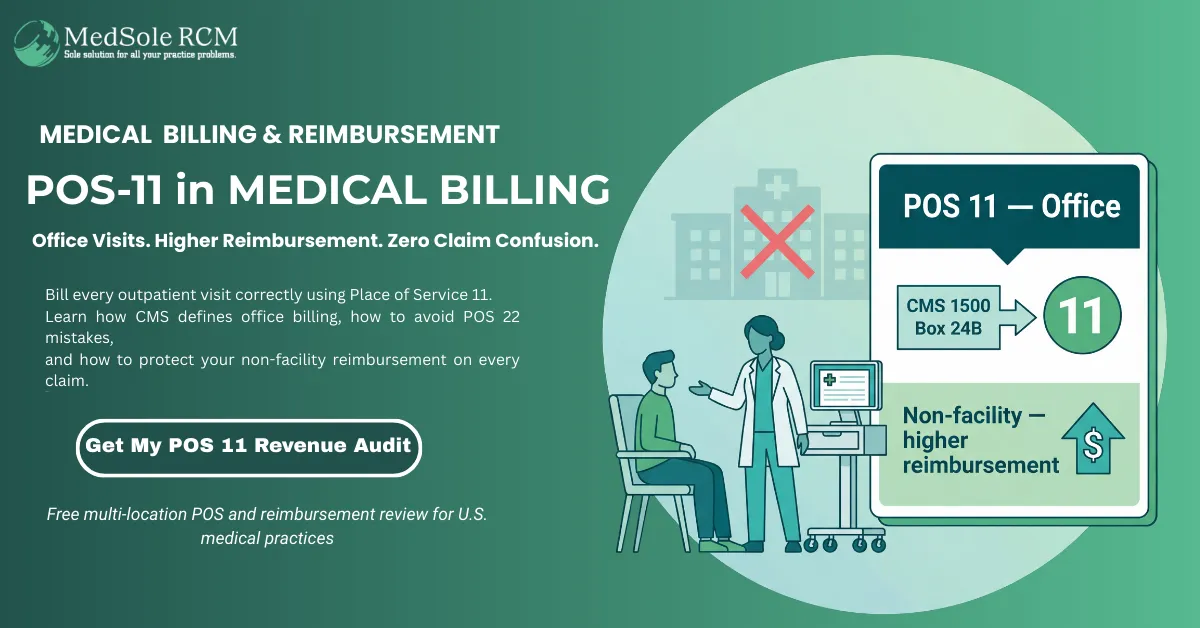
Posted Date: Jan 08, 2026
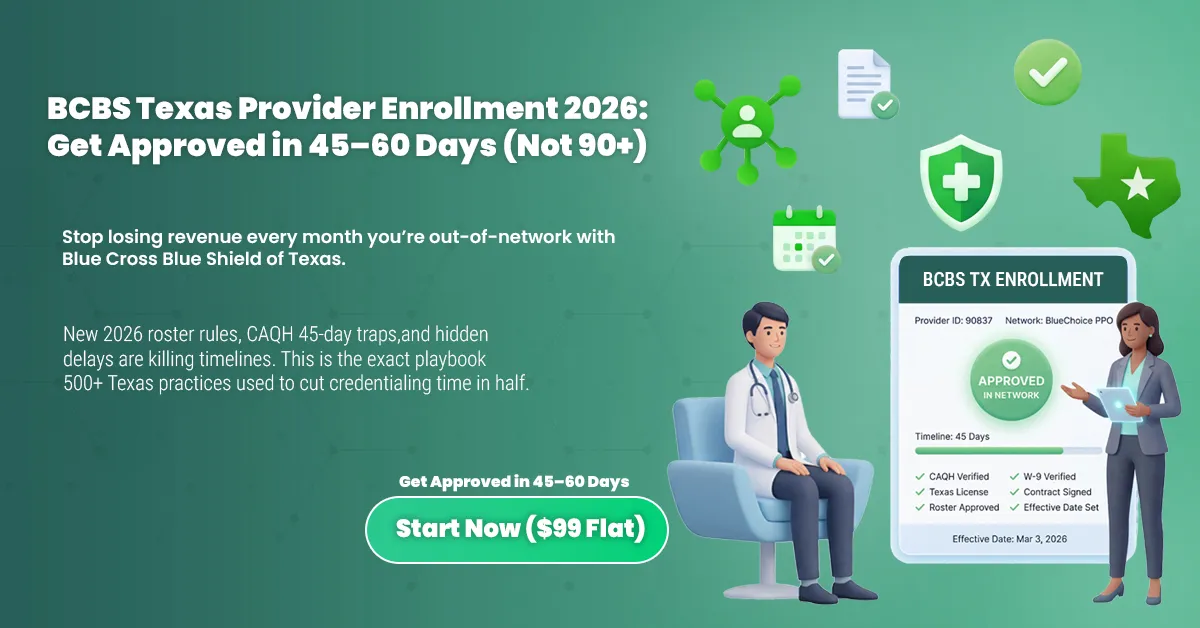
Posted Date: Jan 15, 2026
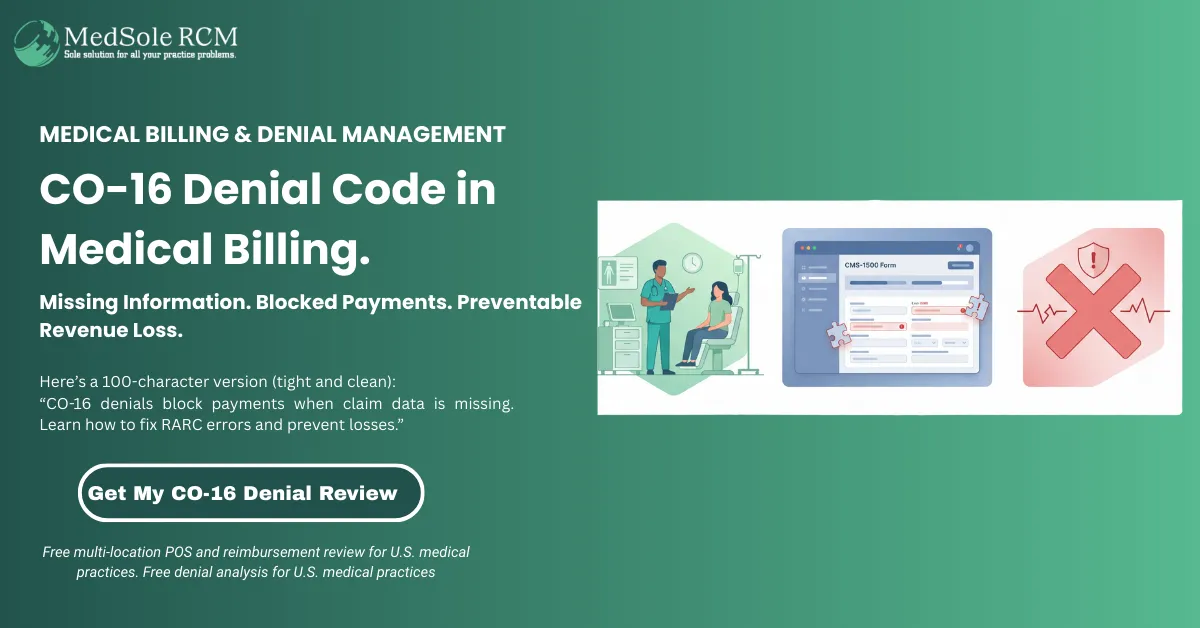
Posted Date: Jan 13, 2026
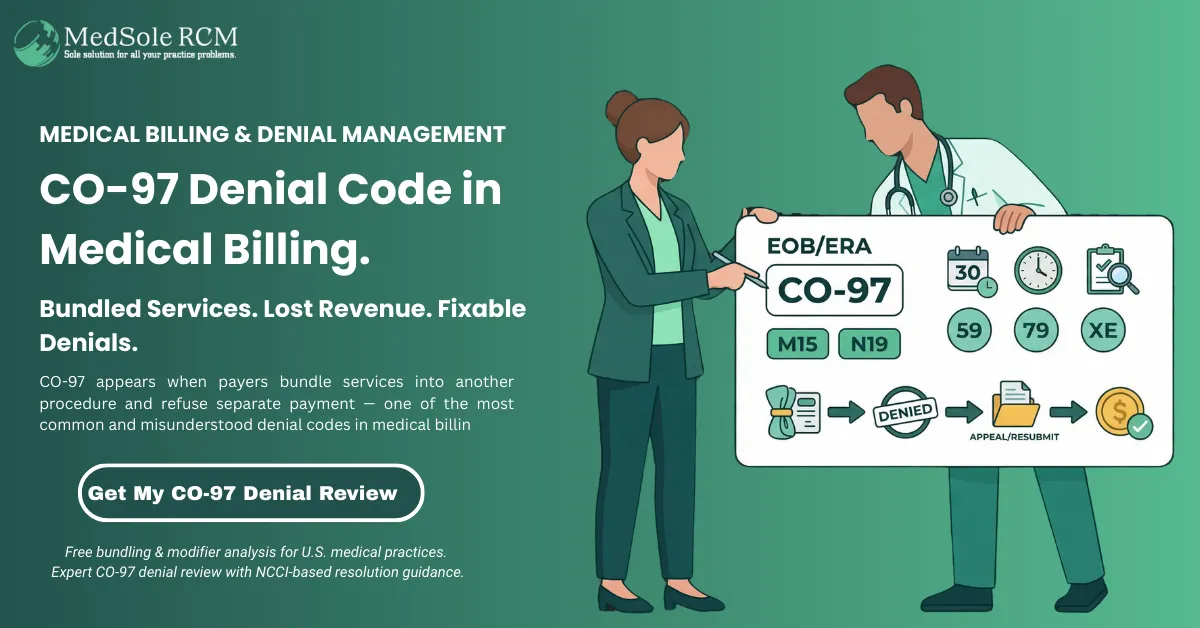
Posted Date: Jan 21, 2026
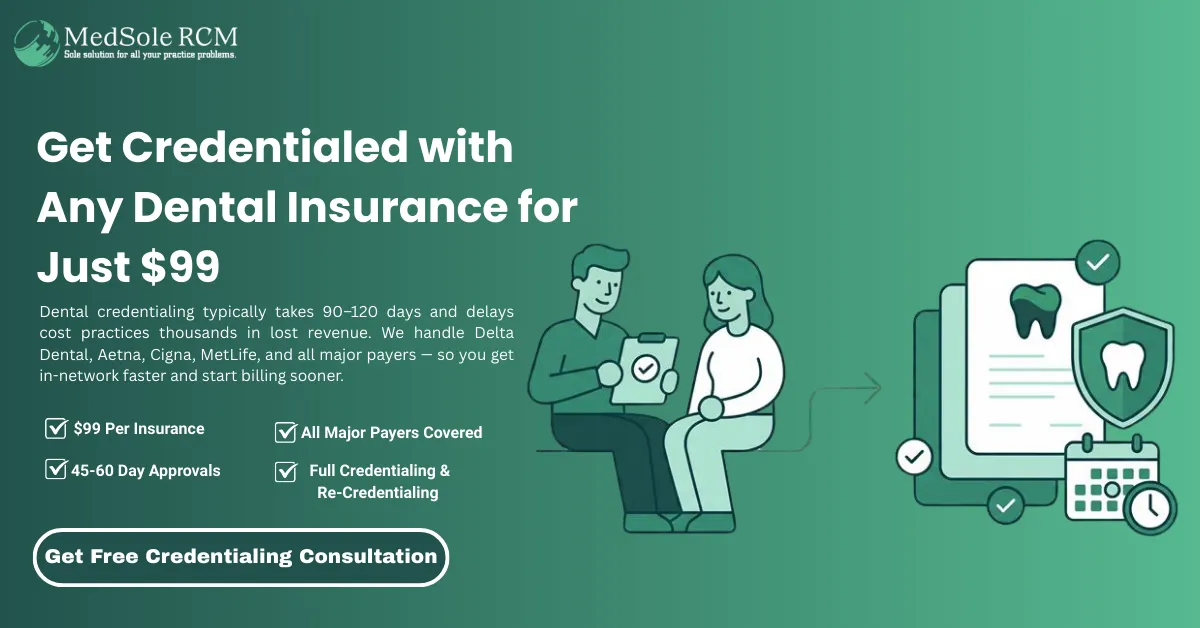
Posted Date: Jan 22, 2026
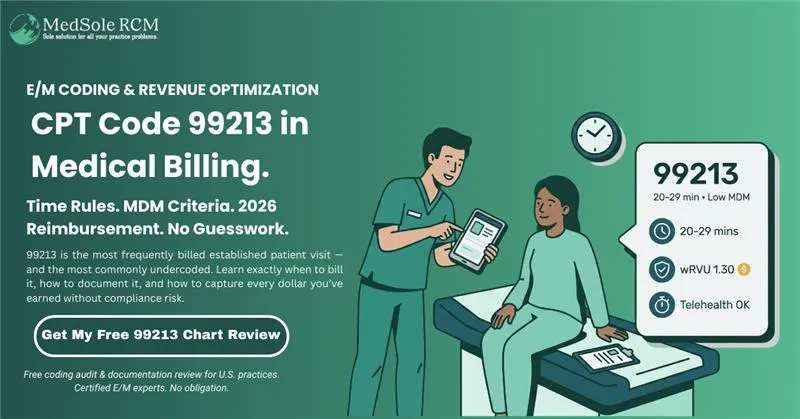
Posted Date: Jan 26, 2026
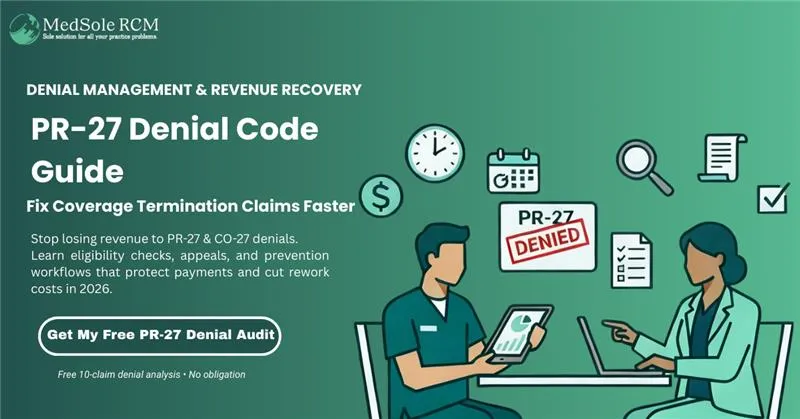
Posted Date: Jan 27, 2026
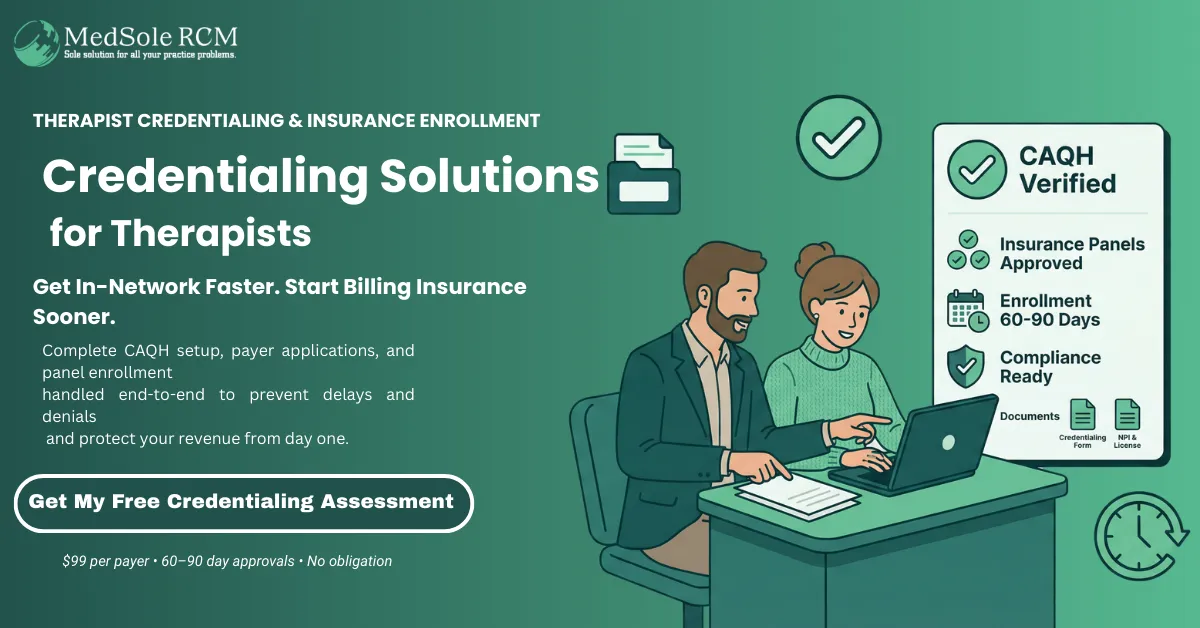
Posted Date: Jan 28, 2026
_11zon.webp)
Posted Date: Jan 29, 2026
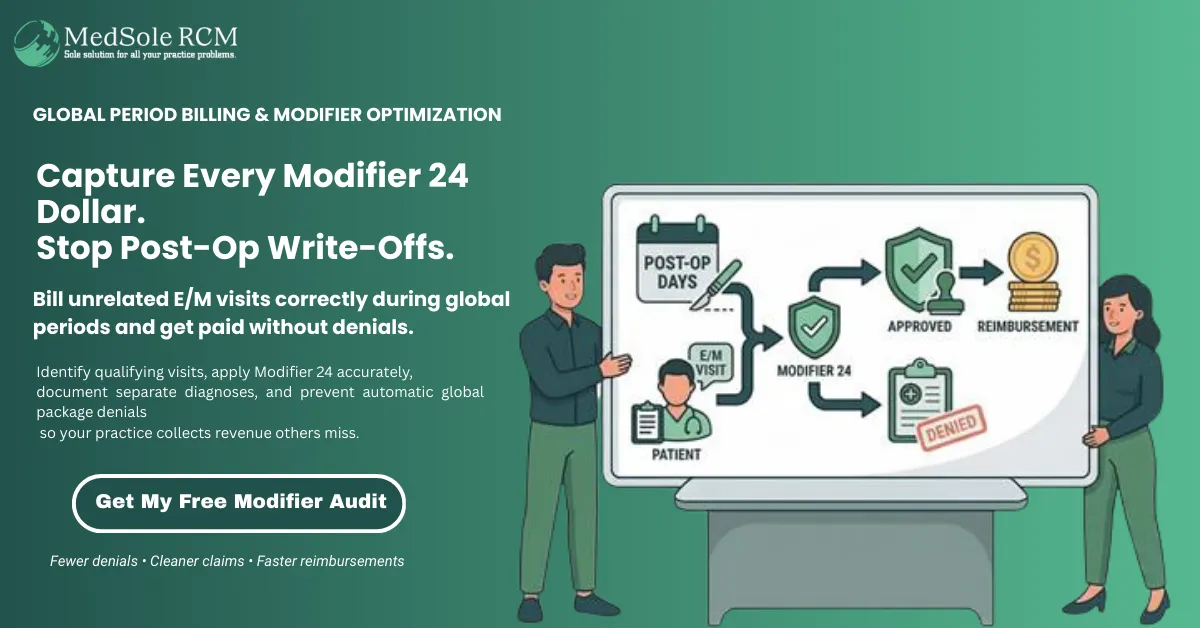
Posted Date: Jan 30, 2026
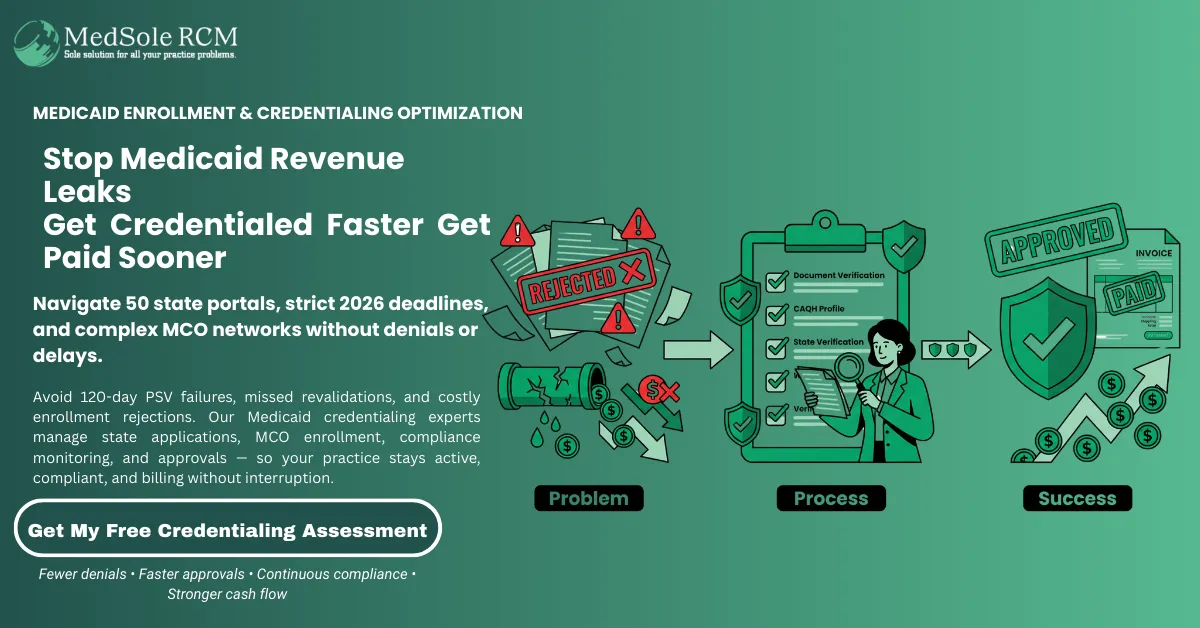
Posted Date: Feb 02, 2026
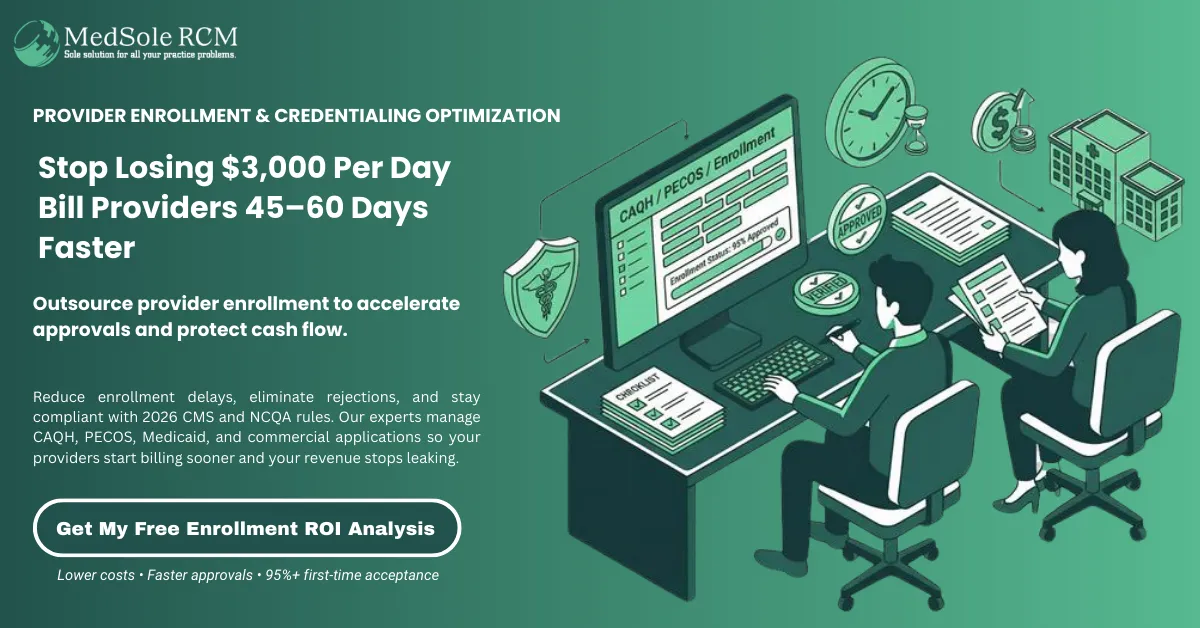
Posted Date: Feb 03, 2026
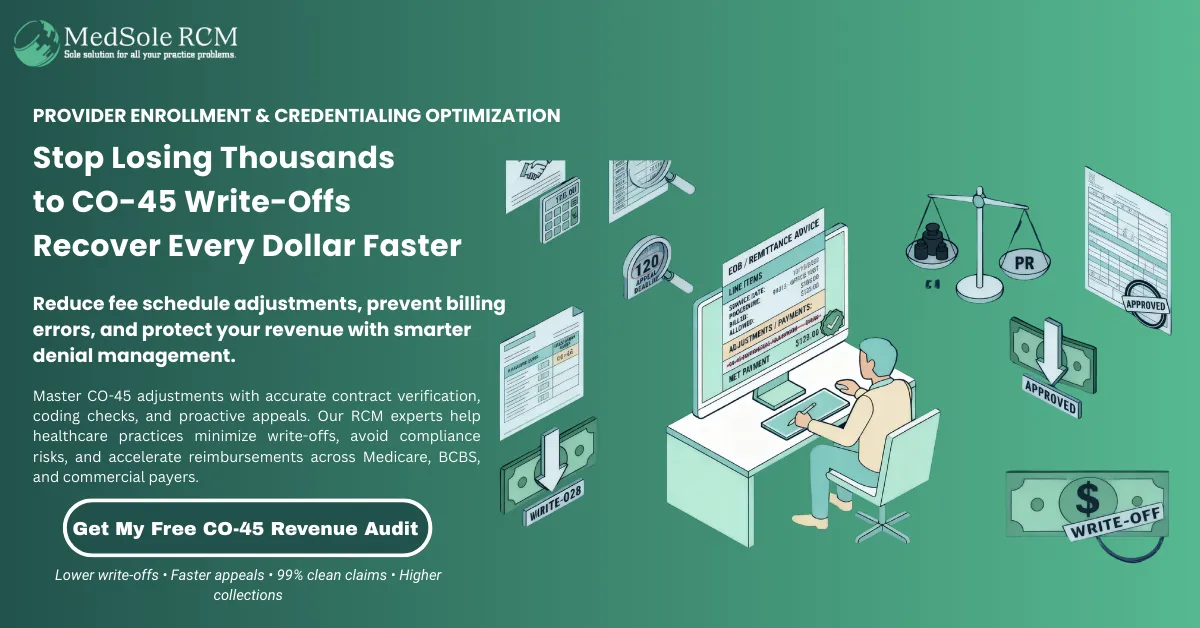
Posted Date: Feb 04, 2026
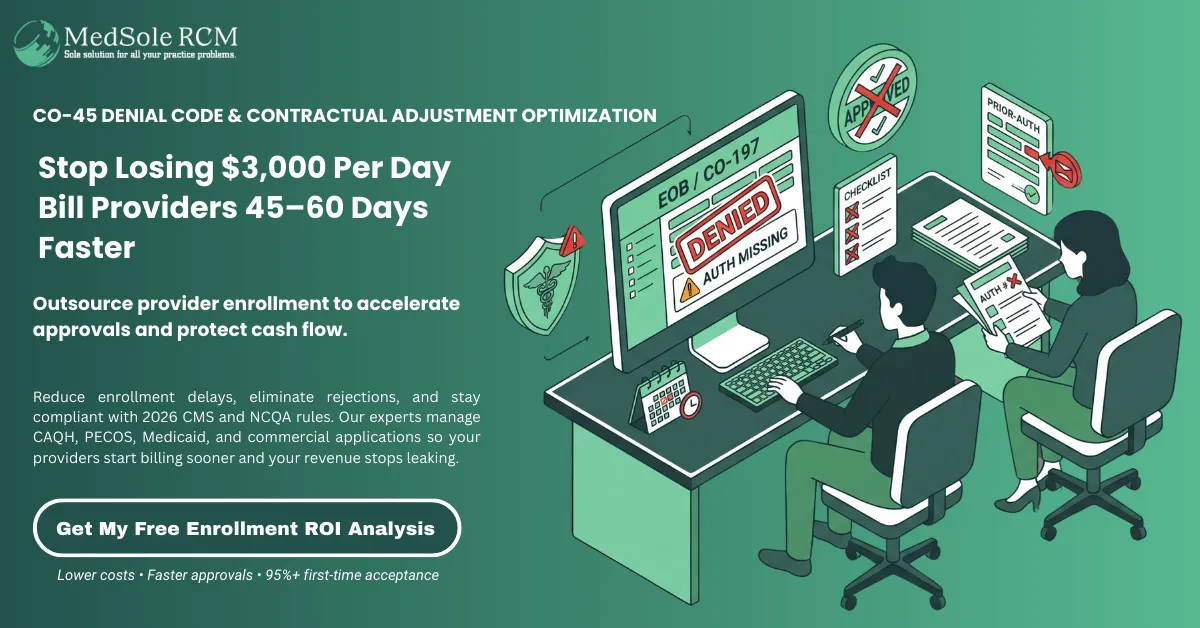
Posted Date: Feb 05, 2026
_11zon.webp)
Posted Date: Feb 06, 2026
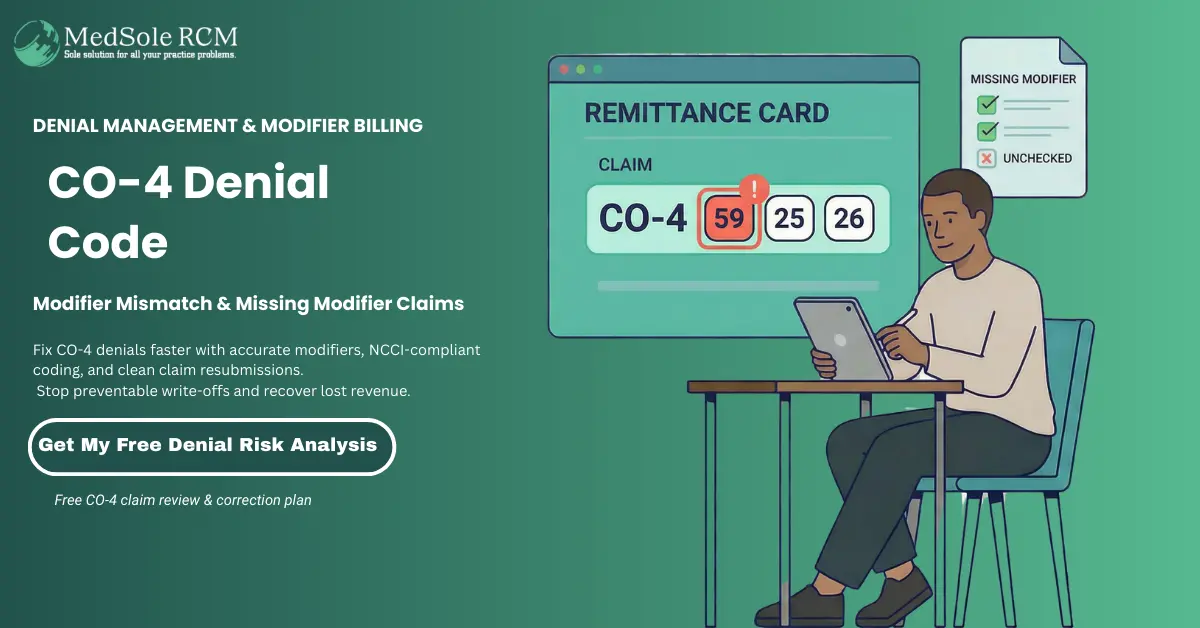
Posted Date: Feb 09, 2026
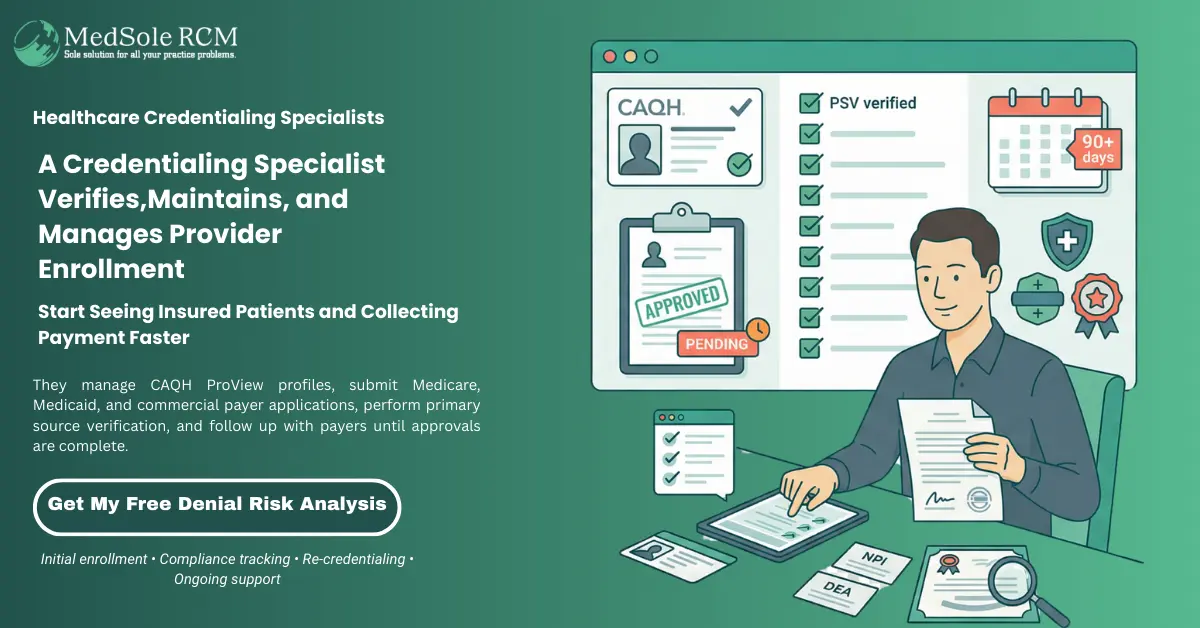
Posted Date: Feb 10, 2026
_11zon.webp)
Posted Date: Feb 11, 2026
.webp)
Posted Date: Feb 12, 2026
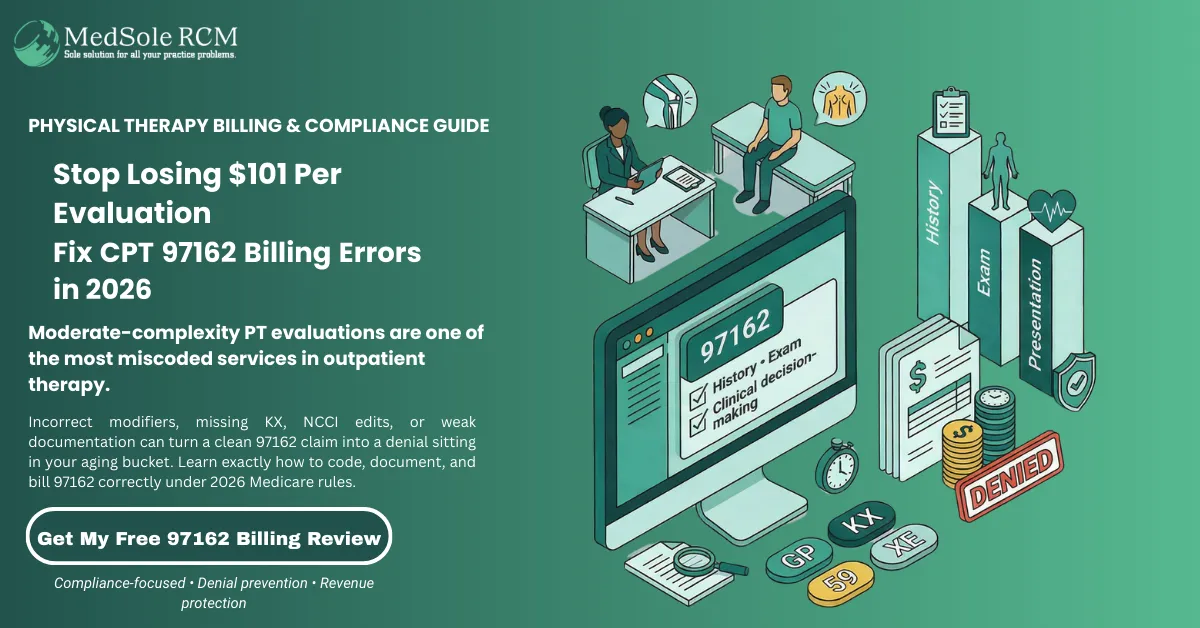
Posted Date: Feb 13, 2026
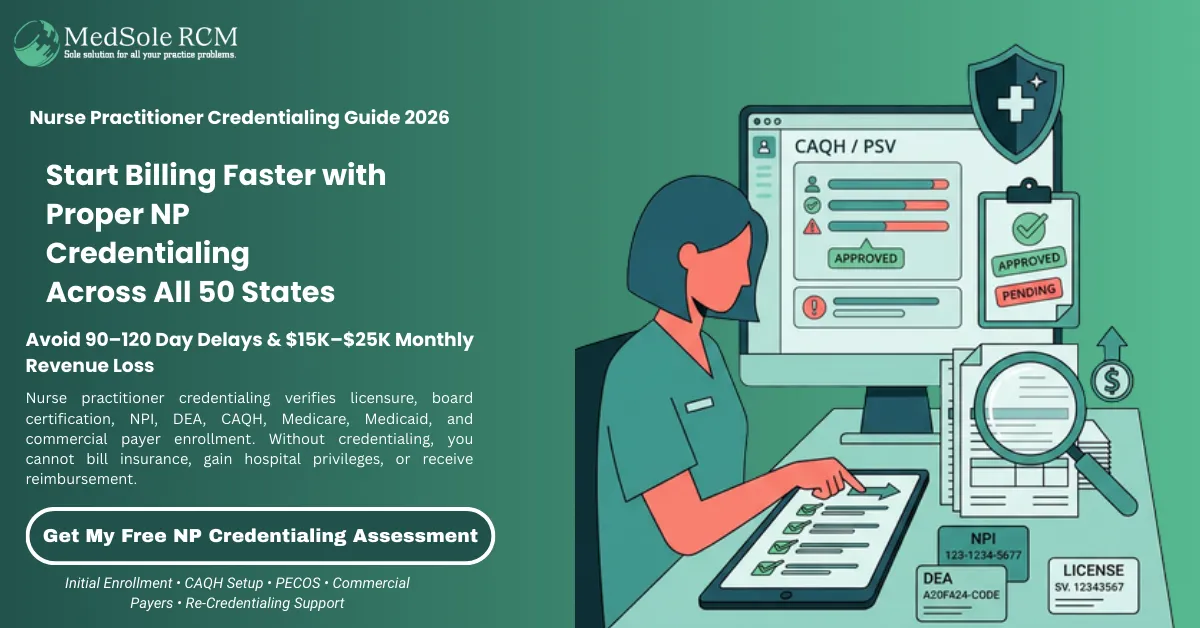
Posted Date: Feb 17, 2026
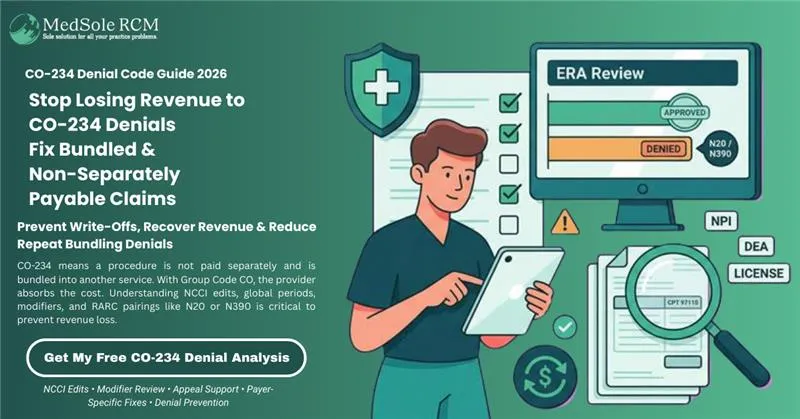
Posted Date: Feb 18, 2026
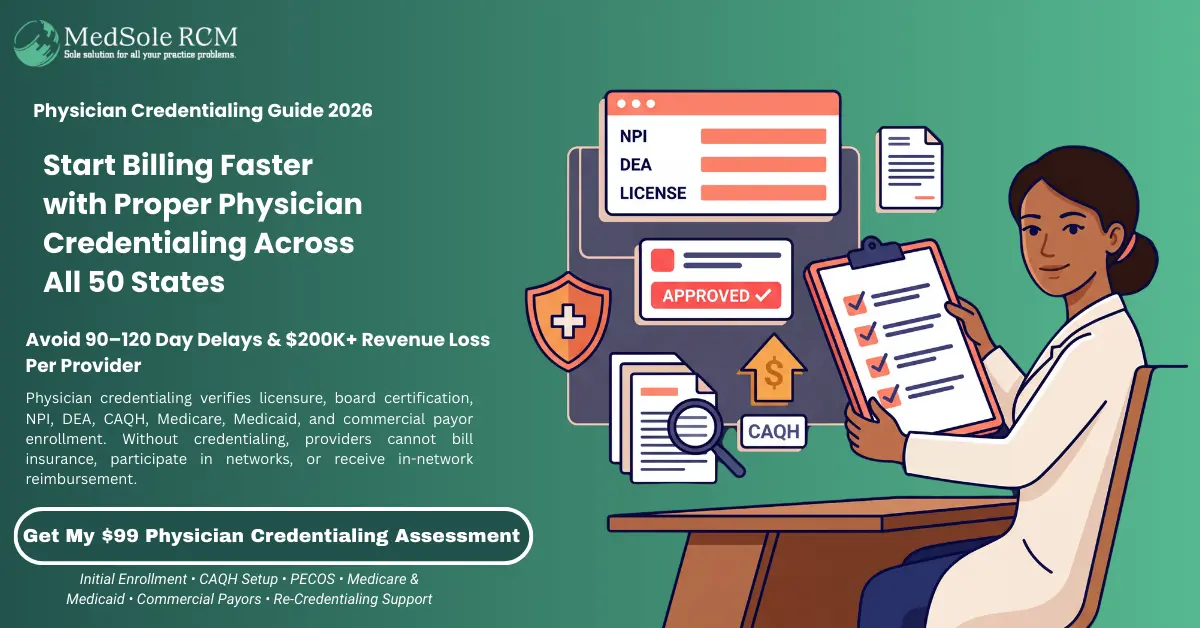
Posted Date: Feb 19, 2026
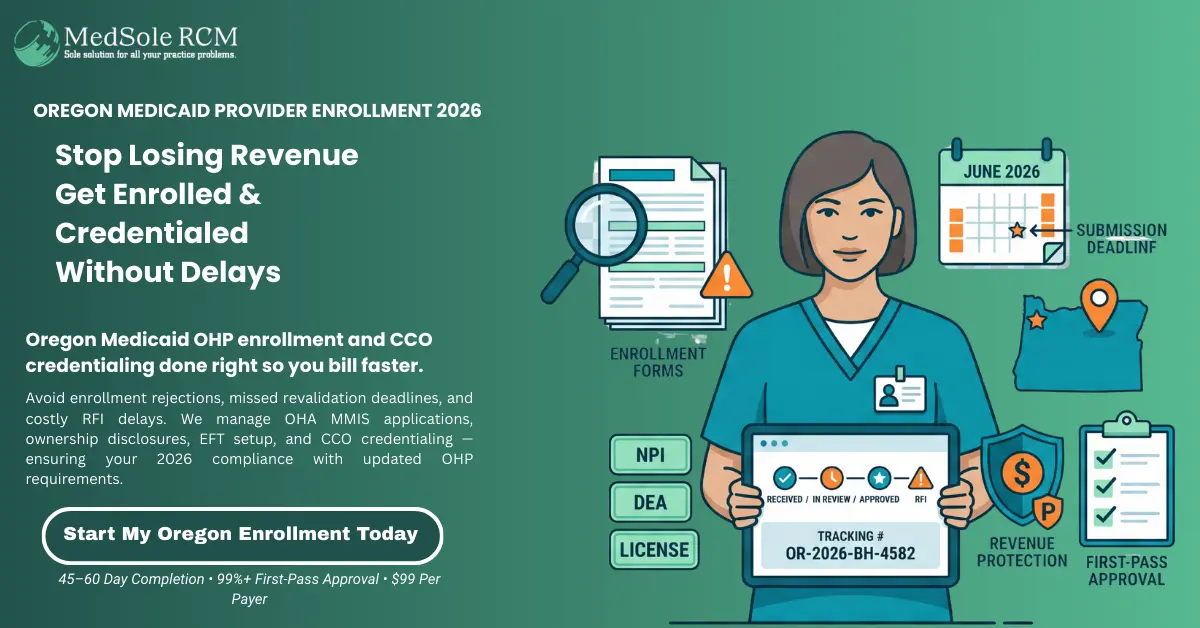
Posted Date: Feb 20, 2026
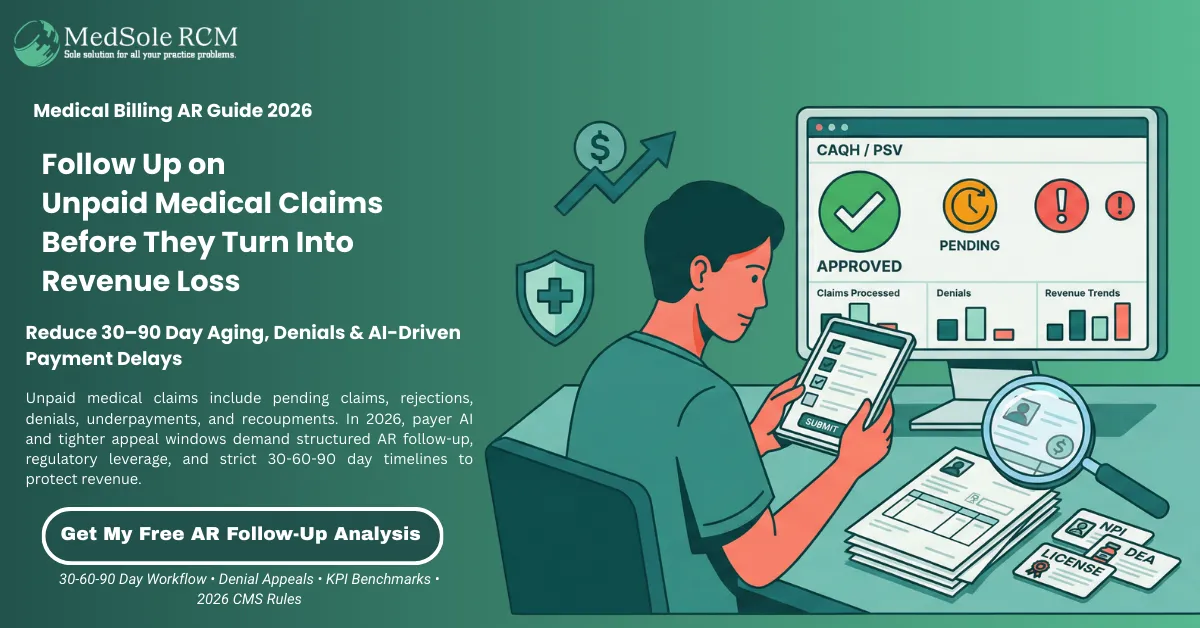
Posted Date: Feb 23, 2026
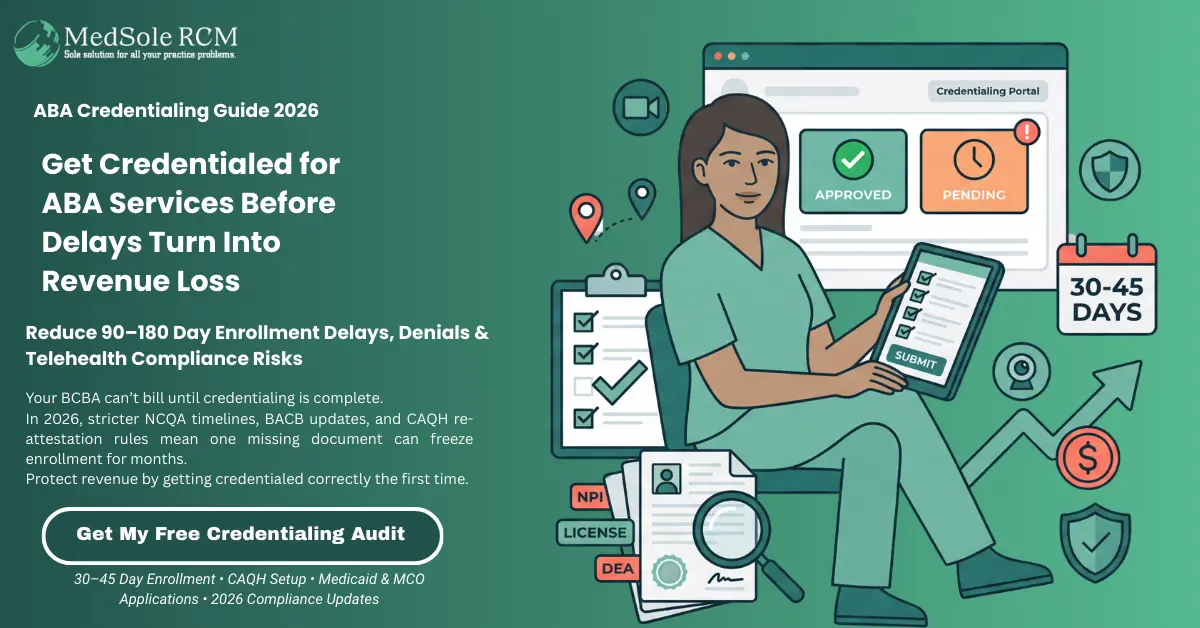
Posted Date: Feb 25, 2026
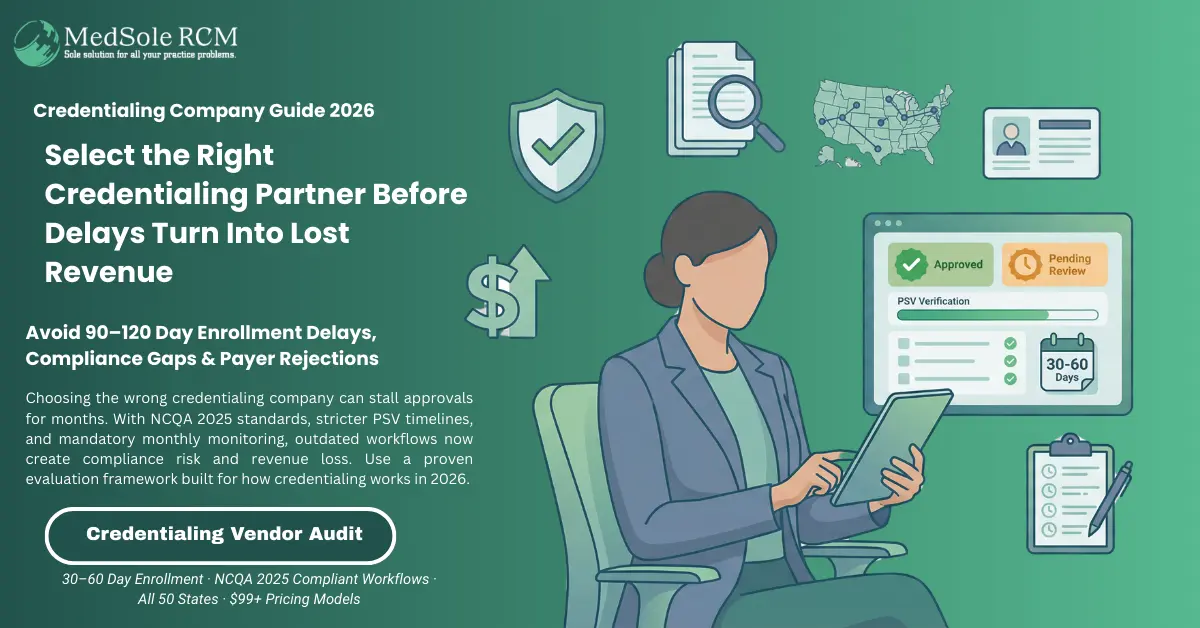
Posted Date: Feb 26, 2026